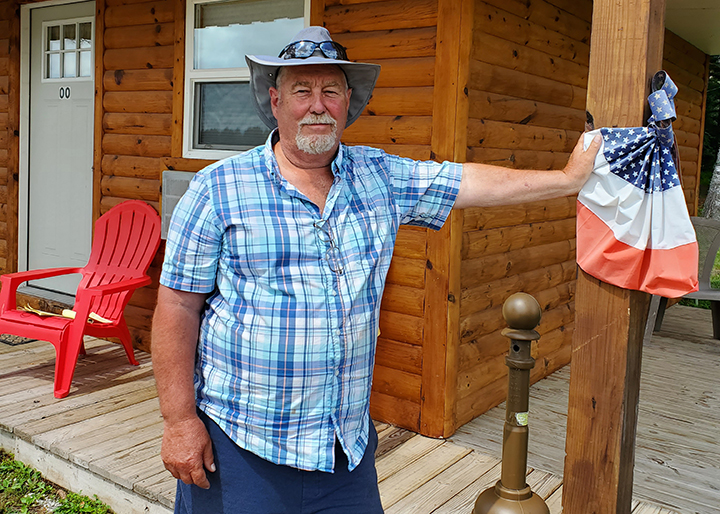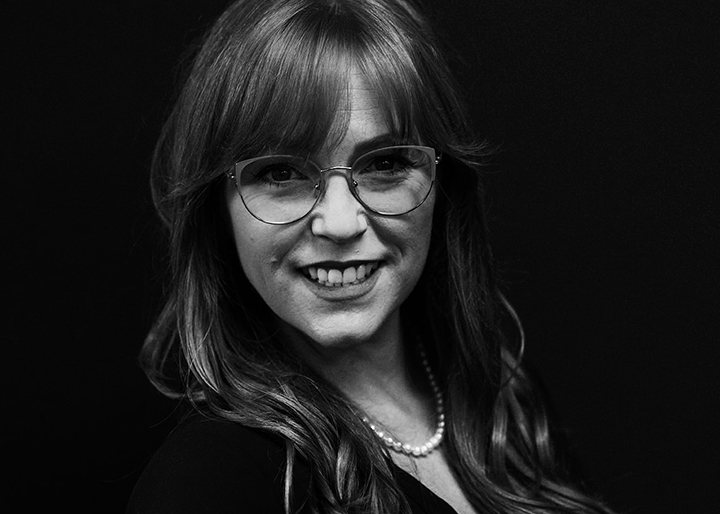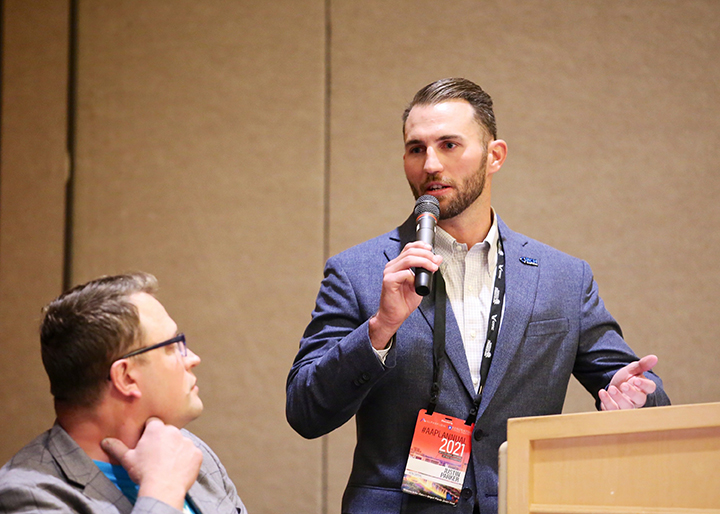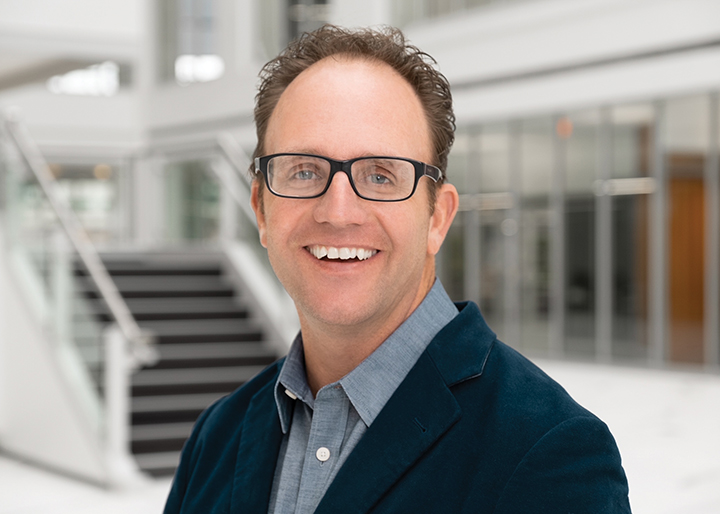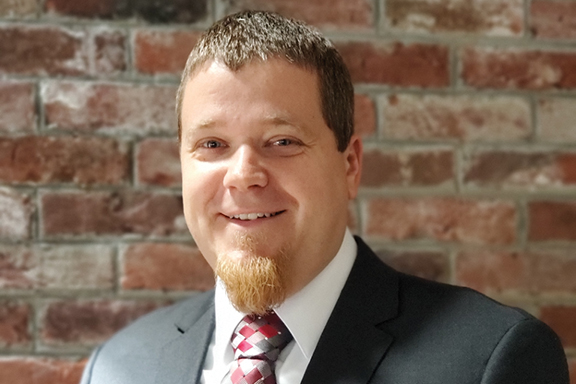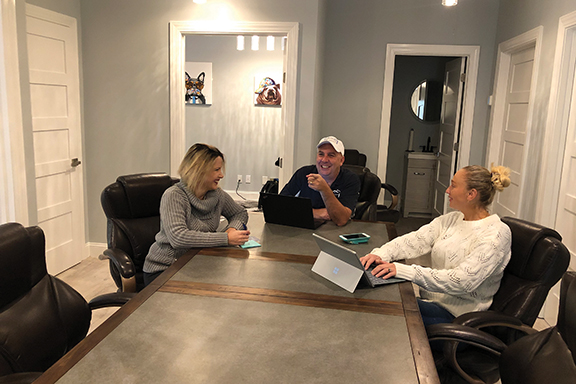Opportunity is Everywhere
From “Dirt Poor” to Successful Real Estate Investor By Carole VanSickle Ellis When Dana Nutt moved to Afton, Michigan, at the age of 6, he got his first experience in rehabbing real estate. “We lived in a one-room schoolhouse with an outhouse,” he explained. “But we just kept cleaning and sanding and improving whenever we could.” The family made the best of the situation, and Nutt spent hours with his
Read More
